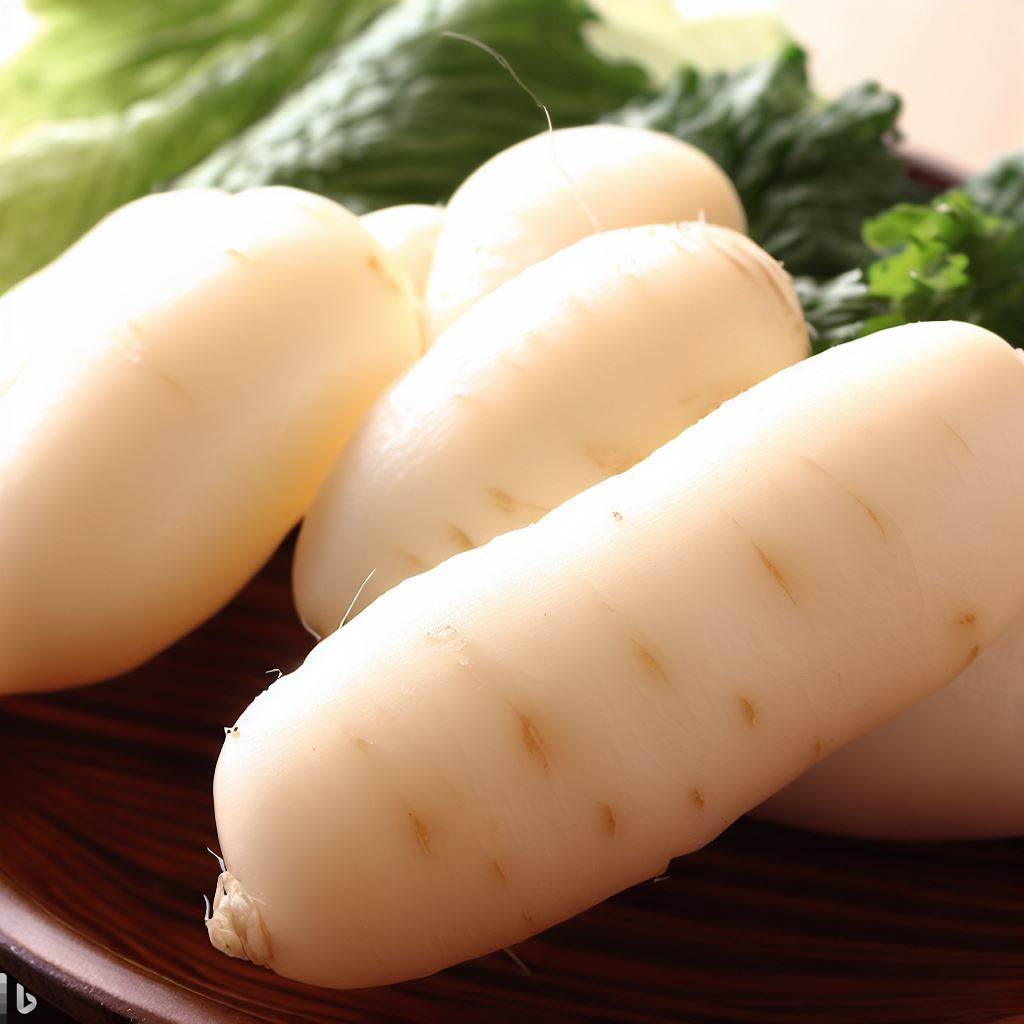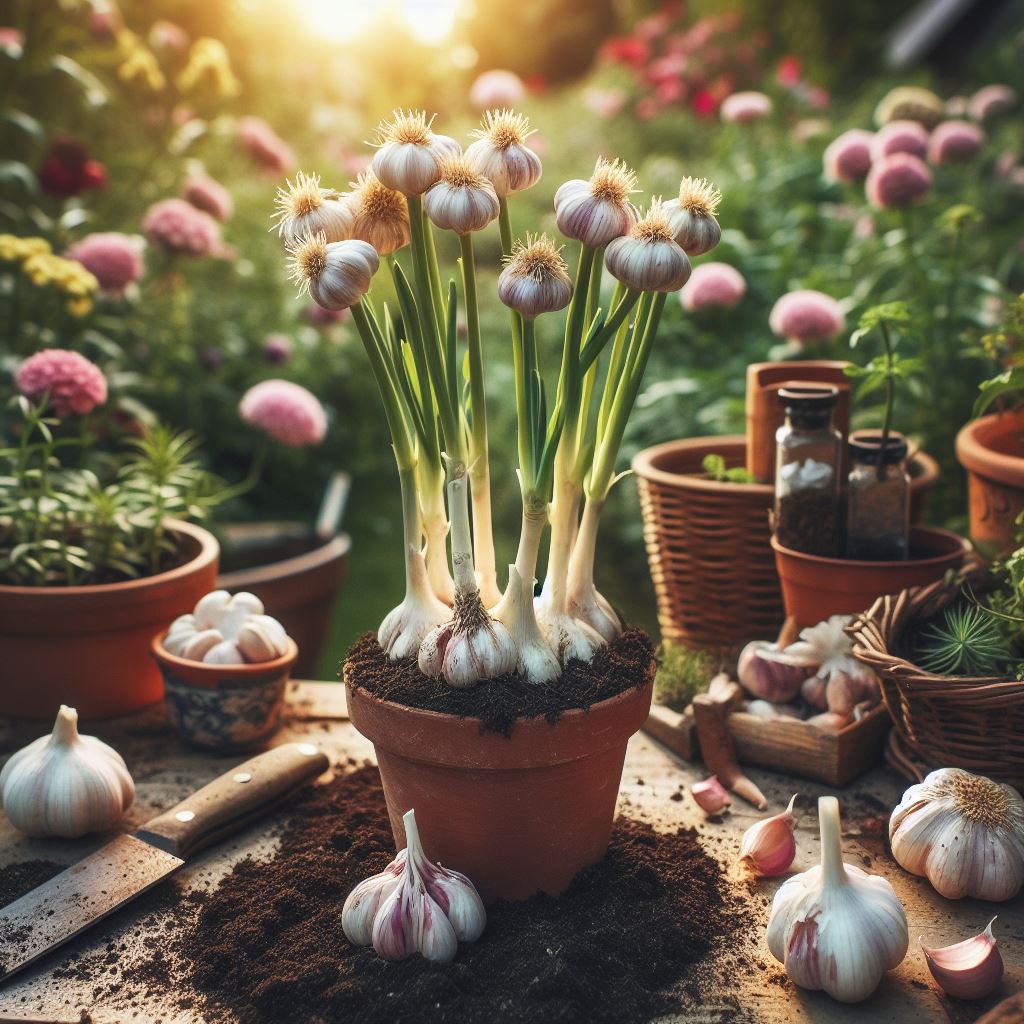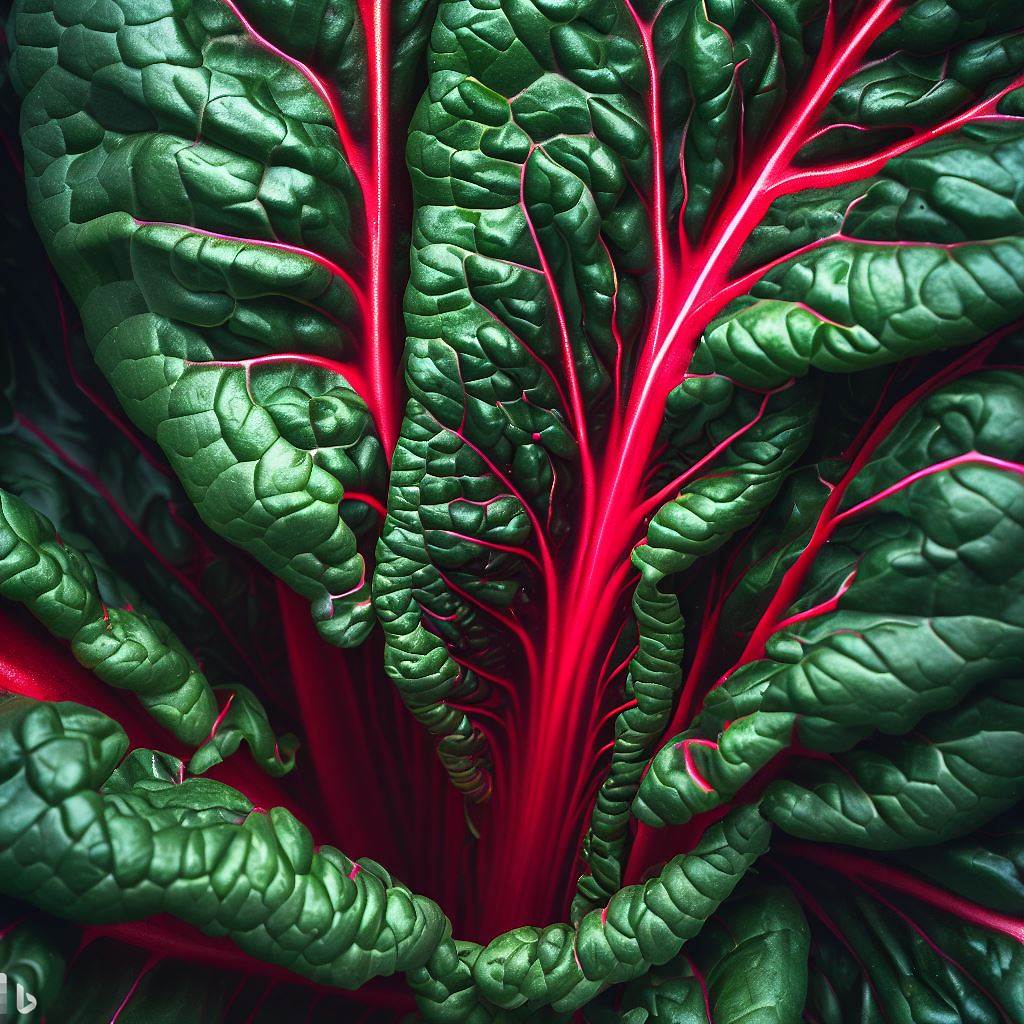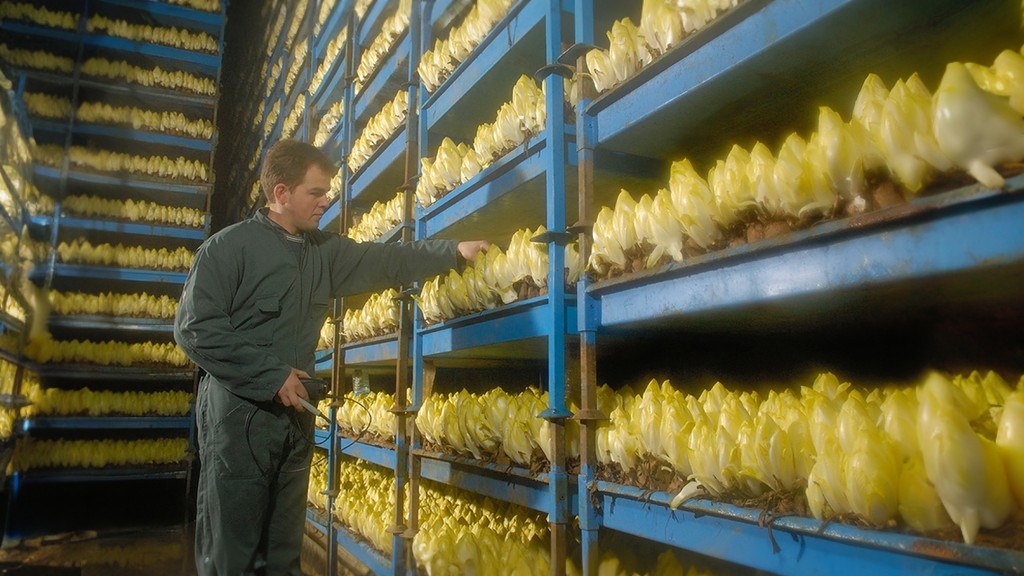Introduction of Radish:
Radishes are crisp, vibrant vegetables that not handiest add a delightful crunch to salads and sandwiches however also are easy to develop on your own backyard. Whether you are a pro gardener or a newbie trying to cultivate your inexperienced thumb, this text will provide you with a comprehensive guide on a way to efficiently grow radishes.
From deciding on the right types to nurturing them thru the growing process, allows explore the steps to make sure a bountiful harvest of these tasty root vegetables.
Variety Selection of Radish:
Before you start planting radishes, it’s important to choose the right hedge for your needs. Radishes are available in many shapes, sizes and colors, each with an individually unique flavor profile. Popular varieties include Cherry Bell (traditional round red radish), French Breakfast (tall purple white radish), and Easter Egg (various shades).
Preparation and Planting of Radish:
Radishes grow in well-drained soil rich in organic matter. Start by preparing the soil by removing grass, rocks or debris. Loosen the soil to a depth of 6 to 8 inches, making sure it is compacted and brittle. Plant the root seeds directly into the soil, following package directions for spacing and depth. Radishes are cool season crops, preferring temperatures between 50°F and 70°F (10°C and 21°C), making them suitable for spring and fall planting.
Watering and Care of Radish:
Radishes need constant moisture to develop thick roots. Water plants regularly, aiming for about 1 inch of water per week. Make sure the soil is evenly moist but not waterlogged, as too much moisture can cause it to rot. Mulching around plants can help retain moisture and suppress weed growth.
Radishes are generally low-maintenance, but keep an eye out for fleas, beetles, aphids and other pests. In such cases, organic pest control methods or coplanting with repellents can be effective.
Thinning and Harvesting of Radish:
As roots and shoots emerge, they will be densely packed. Thin seedlings according to recommended spacing to allow adequate room for root growth. Thinning also helps avoid competition for nutrients and promotes healthy plants. Depending on the variety, radishes typically mature in 20 to 60 days.
Pay attention to the size mentioned on the seed packet and harvest accordingly. The roots should be firm and vibrant in color and ready for harvest. Use a soft puller to lift them from the soil, and don’t forget to enjoy the edible greens too.
Storage and Culinary Delights of Radish:
After harvesting, remove the tops and wash the radishes thoroughly. To store them, remove excess moisture and place them in a perforated plastic bag in the refrigerator. Radishes can generally be stored for several weeks. Enjoy their strong aroma and peppery flavor by adding them to salads, picking them, or using them as a garnish in a variety of dishes Try a variety of recipes to enjoy the versatility of this vegetable simple root.
History of Radish
Radish is a winter vegetable crop. Its curry is cooked and salad is also made. Radish is actually the root of the plant that is used. Radish plant has neither stem nor branches but straight long green leaves. Most varieties of radish are white and some are red. Radish has a peel which is removed and used as radish.
Radish started 2700 years ago in China and later cultivation started in Japan. Radish is most commonly eaten in Asia. Some types of radish are sweet and some are bitter, but still radish is not easily digestible.
Nutrients in Radish:
Vitamins ABCE, protein, fiber, potassium, calcium, magnesium, sodium, protein,
Benefits of Radish:
Jaundice, respiratory disease, constipation, kidney stones, diphtheria, throat swelling, urinary irritation, liver and stomach heat, blood disorders and hair loss are treated in Radish. A poultice is also made from it for stomach and stones.
Varieties of radish in different countries:
Pakistan: Lal Pari (40 days old), Desi White, Shamai, Desi Red, Manu, Shamora.
Promotes Digestive Health
With its high fiber content, daikon radish plays a crucial role in maintaining a healthy digestive system. Moreover, daikon radish contains enzymes like amylase and diastase, which aid in the breakdown of complex carbohydrates and promote efficient digestion.
Boosts Immune Function
Thanks to its impressive vitamin C content, daikon radish can bolster the immune system and protect against various illnesses. Vitamin C is known for its antioxidant properties, which help neutralize harmful free radicals and strengthen the body’s natural defense mechanisms.
Supports Weight Loss
If you’re aiming to shed a few pounds, daikon radish can be a valuable ally. With its low calorie and high fiber content, it provides a feeling of fullness while keeping calorie intake in check. Furthermore, daikon radish has a high water content, making it hydrating and satisfying, which can aid in weight management and promote a healthy metabolism.
Regulates Blood Pressure
Maintaining healthy blood pressure levels is essential for cardiovascular health, and daikon radish can contribute to this goal. It is rich in potassium, a mineral that helps relax blood vessels and reduce the strain on the heart. By including daikon radish in your diet, you can support optimal blood pressure and reduce the risk of hypertension.
Anti-Inflammatory Properties
Daikon radish contains compounds with anti-inflammatory properties, such as anthocyanins and vitamin C. These antioxidants help combat inflammation in the body, promoting overall well-being and reducing the risk of chronic diseases.
Detoxifies the Body
Daikon radish has natural detoxifying properties, making it an excellent addition to a cleansing diet or a detox program. It contains enzymes called diastase and esterase, which aid in the breakdown of complex carbohydrates and fats, facilitating their elimination from the body.
Enhances Bone Health
For strong and healthy bones, incorporating daikon radish into your meals can be beneficial. This root vegetable is a good source of calcium, magnesium, and potassium, all essential minerals for bone health. These minerals contribute to bone density, preventing conditions like osteoporosis and reducing the risk of fractures.
Improves Skin Condition
Daikon radish contains antioxidants and vitamin C, which can contribute to healthy and radiant skin. Antioxidants protect the skin against damage caused by free radicals, reducing the signs of aging. Vitamin C, on the other hand, promotes collagen synthesis, enhancing skin elasticity and preventing wrinkles.
Versatility in Culinary Applications
Daikon radish’s versatility makes it an exciting ingredient to work with in the kitchen. It can be enjoyed raw, sliced or grated, in salads, or as a refreshing addition to summer rolls. Daikon radish can also be pickled, providing a tangy and crunchy element to various dishes.
Selecting and Storing Daikon Radish
When choosing daikon radish, look for firm, unblemished specimens with smooth skin. Store daikon radish in the refrigerator, preferably in a perforated plastic bag to retain its moisture.
Preparation and Cooking Methods
To prepare daikon radish, start by peeling the skin using a vegetable peeler or a knife. You can then slice or grate it, depending on the desired recipe. When cooked, daikon radish becomes tender and milder in flavor. It pairs well with various ingredients and seasonings, allowing you to experiment with different cooking methods and flavors.
Recipes Incorporating Daikon Radish
Daikon Radish Salad:
Combine julienned daikon radish, carrots, and cucumber. Top with toasted sesame seeds for added crunch.
Pickled Daikon Radish:
Slice daikon radish into thin rounds and place them in a jar. Prepare a brine with rice vinegar, sugar, and salt, and pour it over the radish. Allow it to pickle in the refrigerator for a few hours before enjoying.
Daikon Radish Stir-Fry:
Slice daikon radish into thin strips and stir-fry with your favorite vegetables and protein. Season with soy sauce, garlic, and ginger for a flavorful and satisfying dish.
Conclusion
In conclusion, daikon radish is a versatile and nutritious vegetable that offers numerous health benefits. From promoting digestive health to boosting immune function and supporting weight loss, this root vegetable deserves a place in your culinary repertoire. Whether enjoyed raw, pickled, or cooked, daikon rad





